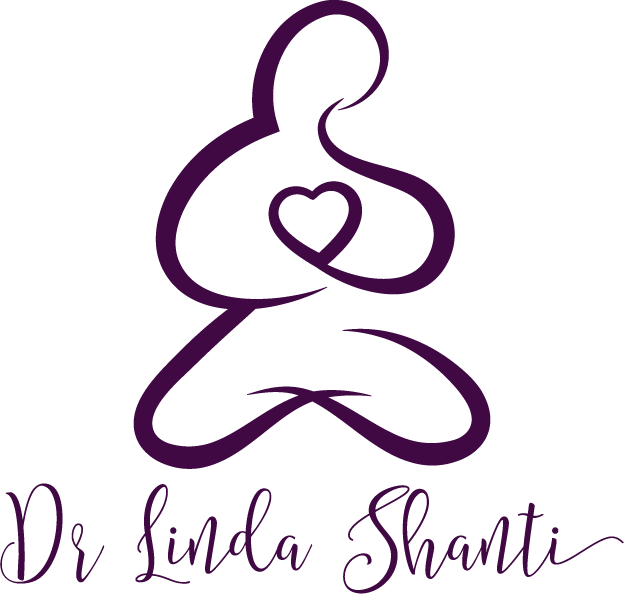Grief, like eating disorder recovery, is individual. Although sometimes it can follow a trajectory like this recovery slogan:
It gets better
Then it gets worse
Then it gets different
Then it gets real different.
There are all kinds of metaphors about how grief is something you learn to carry more gracefully over time. The grief doesn’t get smaller. We grow bigger, around the grief, and learn to live with it differently. Here is a beautiful visual of Dr Lois Tonkin’s model of grief, which shows how the griever grows around the grief…







